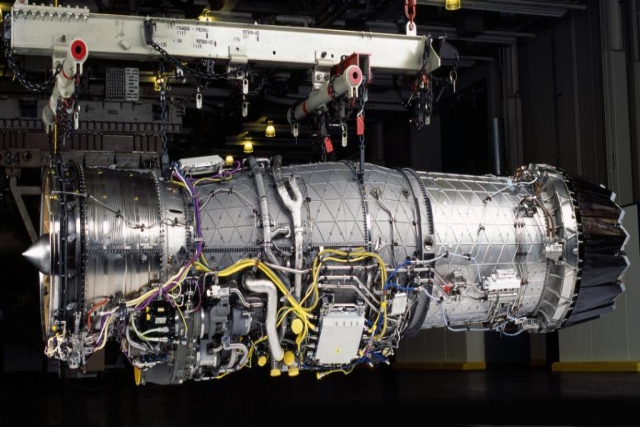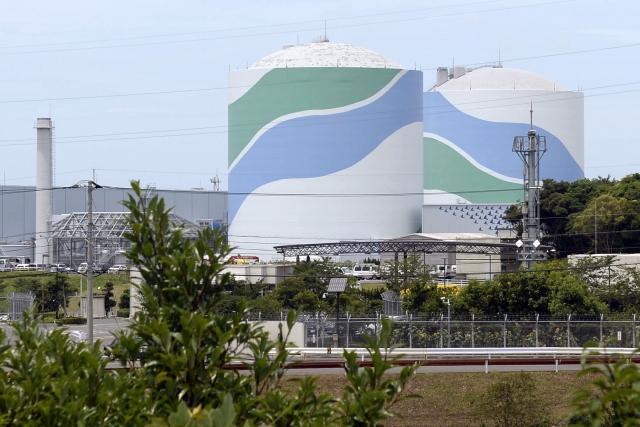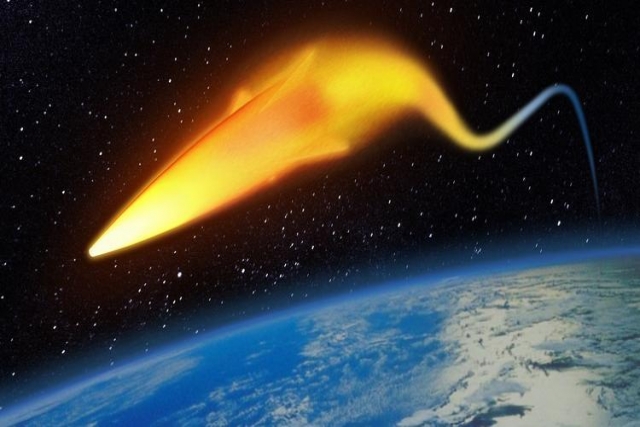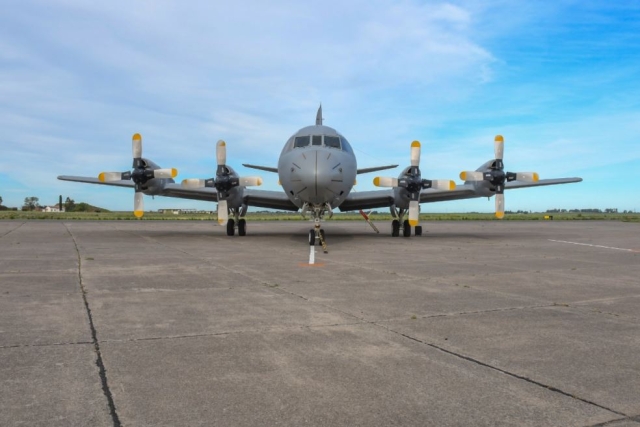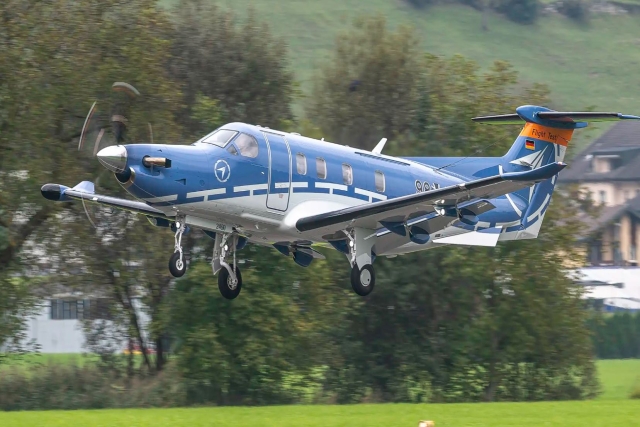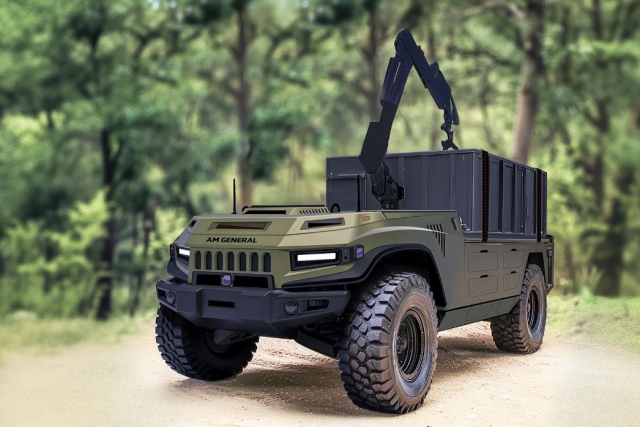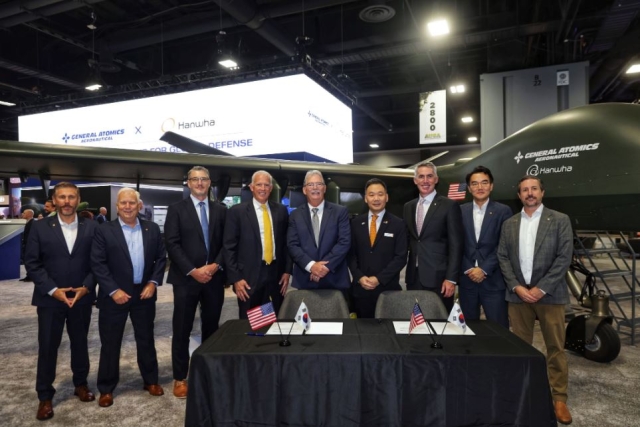Manila Halts Air Defense Radar Deal with Mitsubishi Over COVID-19

The Philippine Air Force will have to wait a little longer for its air defense radar deal with Mitsubishi Electric to fructify as the deadly COVID-19 virus continues to spread.
Manila was to sign a contract valued ¥10 billion ($90 million) for the radars by May. "The deal was initially seen to be completed by May, but negotiations are now stalled in the midst of the COVID-19 pandemic," Japanese government sources were quoted as saying by The Japan Times on Thursday.
"This is the first defense product export from Japan since its long-held arms trade ban was eased in 2014," the source said.
In April 2014, Japan adopted new weapons export regulations. According to Tokyo's rulebook, it can sell arms to countries only if they serve the purpose of contributing to international cooperation and its security interests. In addition, it prohibits the export of weapons to countries involved in conflicts and the ban would also apply when exports violate UN resolutions.
The radar systems to be ordered by Philippines are developed from JFPS3 and JTPS-P14 radars. JFPS3, installed on coastal grounds and elsewhere, is capable of detecting approaching fighter jets and missiles, and is used as part of Japan’s defense system against North Korea’s missile threats. JTPS-P14 is an antiaircraft radar system usually carried on vehicles.
Since Japan removed its all-out arms export ban imposed during the Cold War, it has exported parts of the PAC-2 mobile missile defense interceptors, produced under license in Japan, to the United States.
It has also provided used SDF training aircraft to the Philippines for free, but Tokyo has not exported any complete defense product yet.
The Philippines is among several Asian countries that are involved in territorial disputes with China, which has been increasing its military presence in the South China Sea.
